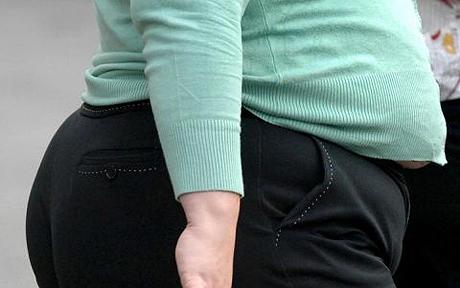People recovering from bariatric surgery for the treatment of morbid obesity often look forward to a healthy sex life that may have alluded them due poor health associated with obesity or simply the mechanics of sexual activity with a morbidly obese body. Surgeons are frequently asked how soon a patient will be able to enjoy sexual intimacy following bariatric surgery.
Bariatric surgery, although less invasive than it was 20 years ago, is still considered major abdominal surgery. Most of the commonly performed procedures including gastric bypass, adjustable gastric-banding (lap-band), and gastric sleeve, are done using the advanced laparoscopic method of surgery. Laparoscopic gastric surgeries reduce risk to patients and decrease hospital stays over the traditional open methods of surgery. This improves the rate of recovery from surgery. The minimally invasive laparoscopic procedures are performed by surgeons inserting cameras and instruments through small incision ports in the abdomen. While there is no large wound that requires healing, there is unseen internal bruising that will require time to heal.
Most doctors will advise their patients to avoid sexual activity for the first few weeks following surgery. The physical stress of surgery may rupture sutures or tear incisions and prolong healing. Patients should ask their surgeon when it will be appropriate to engage in sexual activity following surgery. It makes sense to think of sex as form of exercise: If your doctor clears you for physical activity, you are also likely safe for sexual activity.
Women who have recently undergone bariatric surgery are advised to practice a reliable form of birth control, even if they have been unable to conceive in the recent past. Pregnancy during the rapid phase of weight loss is not desired as both the mother and the fetus may suffer nutritional deficiencies. Most bariatric centers advise female patients to wait until weight loss has stabilized before attempting to become pregnant.
Patients are likely to proceed cautiously as they engage in sexual intimacy following major surgery. While focus should be on enjoying the moment with your partner it is wise to be aware of your body and listen to any warning signs it may be sending. Symptoms such as pain, shortness of breath, fatigue, or dizziness are warnings to slow down what you are doing, whether you are a man or woman. The pain may be attributed to angina, which is temporary pain or pressure in the chest when the heart does not get enough oxygen. If that is the case changing positions or taking a moment for rest may be beneficial. Prolonged or acute pain should not be ignored and medical attention should be sought immediately.
Sex is obviously part of an overall healthy life and something most people look forward to as they recover from significant illness, including morbid obesity. As weight is lost it is likely sexual activity and the desire for sexual activity will increase. On a basal level, an active sex life is a statement of good health: it says positive things about your overall level of fitness and your recovery from morbid obesity. It also may be sign of healthy relationships, another good measure of overall health.
Patients should always seek the advice of their doctors regarding sexual health. Sexual issues are important to discuss even if such a discussion tests our comfort level when we bring our concerns to our physician. Keep in mind your doctor is in the business of taking care of your health and that includes your sexual wellness; you cannot surprise your physician by voicing your most personal concerns about your sexual health.
We often say that weight loss surgery is our second chance at living and most would agree that a healthy sex life brings a satisfying component to our ongoing pursuit of health and wellness. Having realistic expectations for recovery is the first step in creating a healthy sex life following weight loss surgery.






